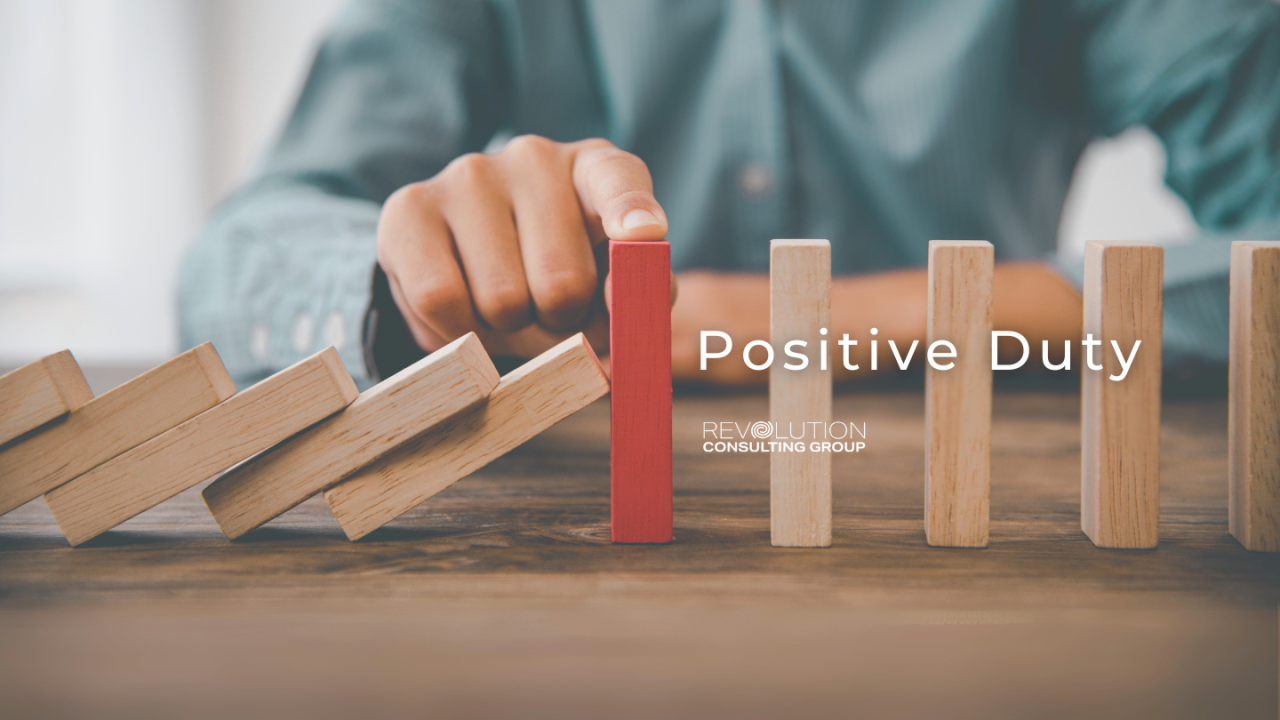How to improve 1% every day !
Changing yourself requires ongoing improvement, time, effort, and energy. How many times have you put of a change until Monday, then Monday comes and goes, and you decide to wait until the following Monday to try again? Don’t sweat it, we’ve all done this!
The good news is that you can steadily move forward without needing to make a large radical change and scaring yourself in the process.
Where should you start?
I recommend you begin with your daily routine. The first step is to ask yourself where you want to develop, then ask yourself what is preventing you from doing this?
Have you really made the decision to act on your desires or are you still deciding? You wont get traction until you've actually made the decision to take action.
Top 7 tips on how to improve 1% every day
1. Just Begin
Beginning is the hardest part of anything that you do, but once you have decided on what you want to do (a goal) and put a plan in place, commit to your goal and respect yourself and your goal, as if it was for a client or customer, and follow through.
2. Start Planning
Making plans is an essential and daily part of your life whether it’s for your family, work, health or other areas of your life.
Find a way to plan that works for you such as:
- Writing a To Do List
- Blocking out work, events or other needs in your diary
- Using an electronic or paper diary or planner, or a combination of both.
- Having a project progress plan
Remember the 80/20 rule of planning your day or completing your tasks on your To Do list. For more info on how to use the 80/20 rule effectively click HERE.
Up the anti on your daily planning by updating your To Do list, schedule or diary at the end of each day. That way you will end your day with a plan and wake up with a purpose and you wont waste precious time each morning, wondering what you are going to work on that day. I also find that most of my client calls come in the morning, so if I try and complete my planning phase in the morning, it is constantly interrupted, and my day then becomes scattered. Read more about how to do less and achieve more HERE!
Starting the day with a plan and purpose will lessen the feeling of being overwhelmed or frustrated and lower your stress levels.
Take 20 minutes and complete your daily and weekly plan on Sunday afternoon or evening (if your work week starts on Monday) and you will find that you Monday morning blues will reduce and your productivity and confidence coming into each week will improve dramatically.
3. Start with the problems that are hardest for you to solve
Why? We tend to do the simple jobs first before focusing our efforts on the tough ones, but by the time the simple activities are completed, we often have little energy left to concentrate on our more challenging projects, which are mostly likely to be your most critical ones.
You may then find yourself in the cycle of leaving them until the following morning, then getting distracted by the simple tasks, we use up our energy and concentration and the cycle begins again the following day. If this is your process, you will eventually be trying to finish critical tasks in little time (or missing deadlines), not doing them well and adding a significant level of stress, than if you had got them done when you are most productive and alert.
If you can complete the more challenging tasks or projects first, you’ll find the others will be much easier to complete and without exerting much effort.
4. Play music
Music can be enjoyable and motivating. If you are having trouble concentrating or need a boost or change to your energy, then music might be able to help. Research has shown that listening to music can reduce anxiety, blood pressure, and pain as well as improve sleep quality, mood, mental alertness, and memory..
5. Read more
Reading books do not necessarily have to be about advancing your career, although they can help. There are so many types of books, including audio-books - general-interest, philosophical, cookbooks, self-help, or historical, general literature.
By reading (or listening) more, your perspective on things will change and grow as you become more knowledgeable and if you comprehend the universe better, or even learn how to make a kick ass stir fry, you'll be happier. Email me to get my list of must reads (or listens) for both work and pleasure and use Book List as your subject line.
6. Use Affirmations
A lot of people think affirmations are airy fairy and don't actually do anything. In fact studies have shown that affirmations have considerable force.
Affirmations may feel a bit silly when you say them out loud for the first time, but if verbalising doesn’t feel right for you, then you can write them down.
A study published in the journal - Social Cognitive and Affective Neuroscience talked about what actually goes on in our brains when we regularly use affirmations. The researchers found that we link affirmations to the reward centres in our brain in the same way that we do for winning something, doing well at something or even eating good food.
The researchers used MRI to find that practising self-affirmation activates the reward centres–ventral striatum (VS) and ventromedial prefrontal cortex (VMPFC) in the brain. To make it simple, these areas are the same reward centres that respond to other pleasurable experiences, such as eating your favourite dish or winning a prize.
Lead researcher, Christopher Cascio stated “Many studies have shown that these circuits can do things like dampen pain and help us maintain balance in the face of threats.” So regularly using affirmations does activate and boost areas of your brain that make you happy and positive.
If you’re an Affirmation Beginner, here’s a few to get you started:
- My body and mind are both in good health, and my spirit is at peace.
- My anger is washed away by a river of compassion and is replaced with love.
- I have a surge of creative energy that sparks original and interesting thoughts.
- I am flourishing, growing and developing
- I'm curious, brave and a strong advocate for myself.
- I have the power, will, and ability to be the leader I want to be.
- I forgive myself for my mistakes.
- It is okay if something doesn’t work out as I planned; I will find another way
- I am allowed to ask for help
- I learn from my mistakes
Need more affirmation inspiration? I've put together a list of 75 Affirmations for success, work and life HERE!
7. Choose an activity you enjoy as your reward
As humans we are wired to love a reward and often do things consciously or unconsciously to receive those reward feelings in our body or mind. There are so many ways to reward yourself, however I find sometimes the simplest rewards are the most effective.
When I reflect on the things I accomplish at the end of each day, while I’m planning the next day, I treat myself to a cup of fancy tea from T2 shop or make a hot chocolate. Through the day, I just have water or normal tea, but I save the fancy tea and hot chocolate as part of my reward and wind down routine.
So doing this effectively releases all the reward endorphins and feelings in my body at the end of each day, and I also feel good because I’m getting my planning done for the next day. In turn this helps me close off the day with a routine and wind down much easier after my word day. Celebrating and giving yourself small rewards, actually works just as effectively, if not better than big rewards that you have to wait months to achieve.
Takeaway
If you start making small modifications to your routine and practices and celebrate the small wins, you will notice a significant positive impact on your productivity, efficiency, wellbeing and happiness.
All you have to do is commit to improving 1% every day.
Need help levelling up in your work or personal life? Book a time for a free, no obligation, chat to see how I can help you achieve your dreams or check out our most popular coaching packages here.


READY TO GET THINGS DONE?
Revolution Consulting Group is your Dedicated HR Partner

Revolution Consulting Group provides essential HR advice and services to small and medium-sized businesses throughout Australia.
Where We Are Located
On the beautiful NSW South Coast
QUICKLINKS
LATEST POSTS









